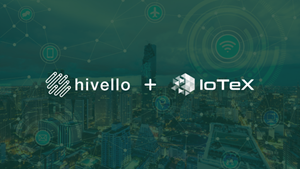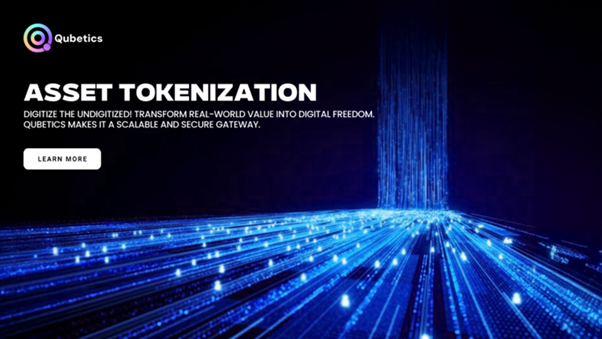Stratos Network's v0.12 Upgrade Enhances Decentralized Infrastructure

Stratos Network’s v0.12 upgrade marks a significant leap forward in decentralized infrastructure technology. This update introduces a range of features that enhance the Stratos Chain and Decentralized Storage network, improving the user experience within the Stratos ecosystem. Key upgrades include seamless Cosmos transactions via Wallet Connect and Metamask, integration with Exoswap for effortless token delegation, and the introduction of Cosmos IBC for broader ecosystem connectivity. Stratos Wallet now supports Wallet Connect, facilitating efficient STOS token transfers and exchanges. The Stratos Chain also supports prepayment using Solidity smart contracts, with a Prepay bridge for cross-chain SDS storage. Stratos Decentralized Storage (SDS) sees enhancements such as volume report settlement improvements, a Share-To-Earn mechanism, and improved backup and autoscaling for data security. RPC performance and resource node performance detection have also been enhanced, alongside an improved video streaming workflow.
Related News





